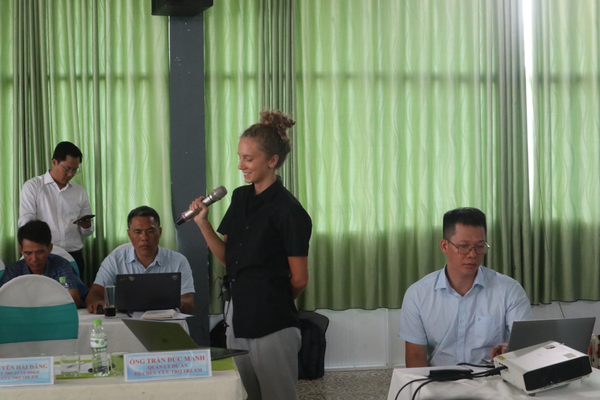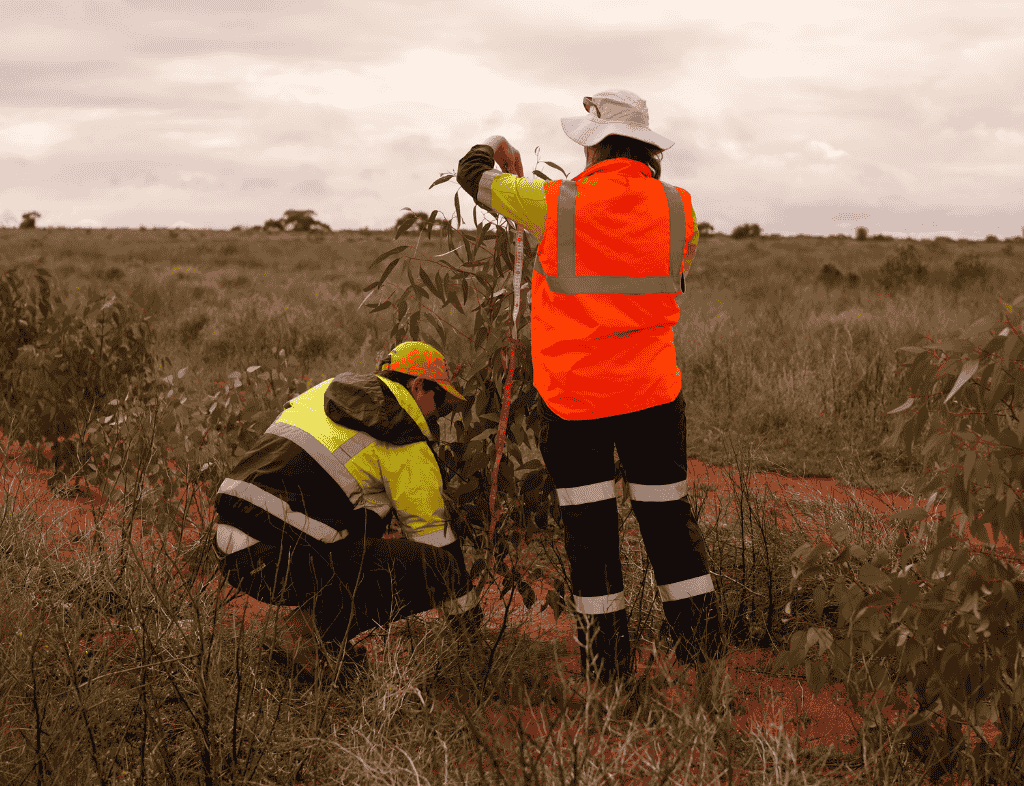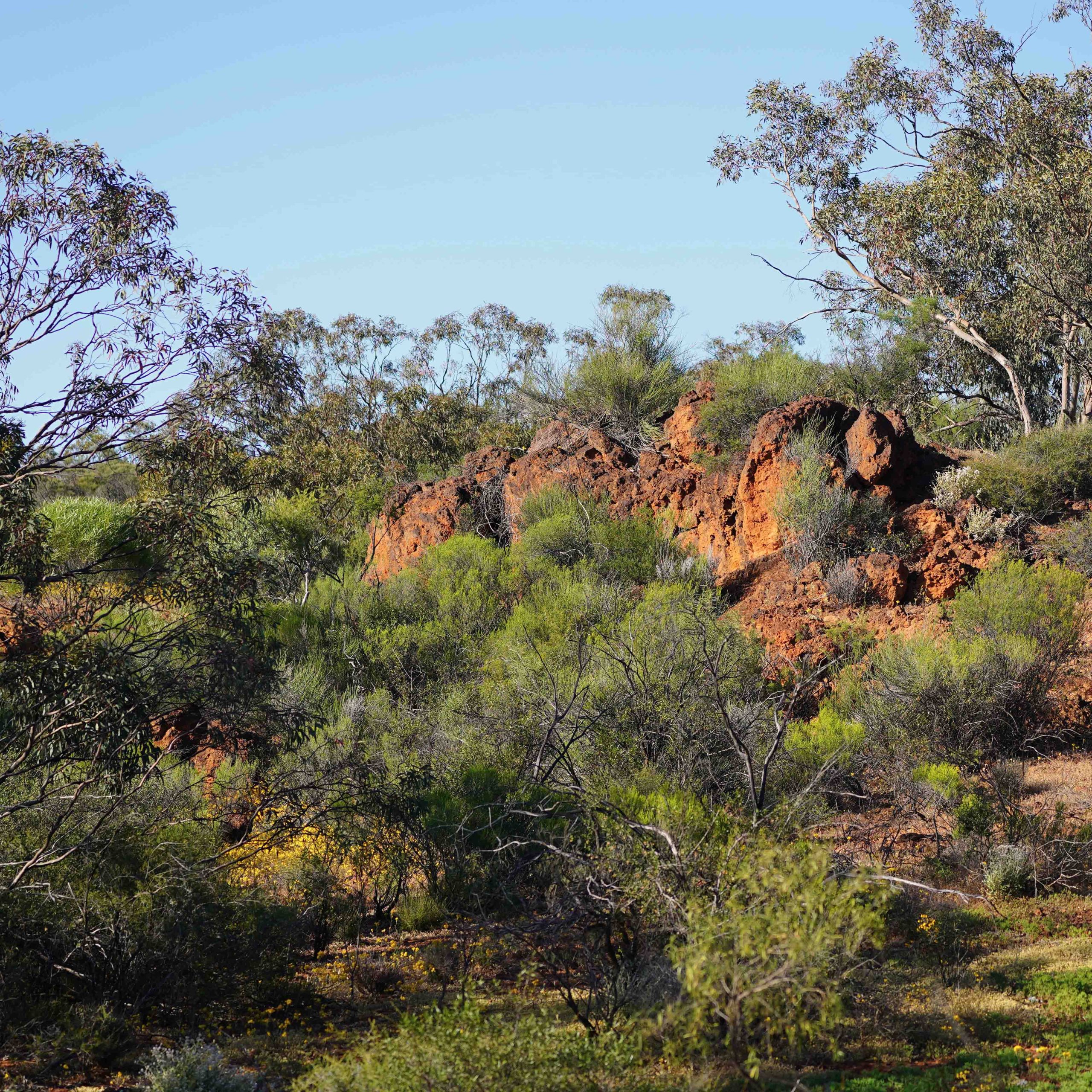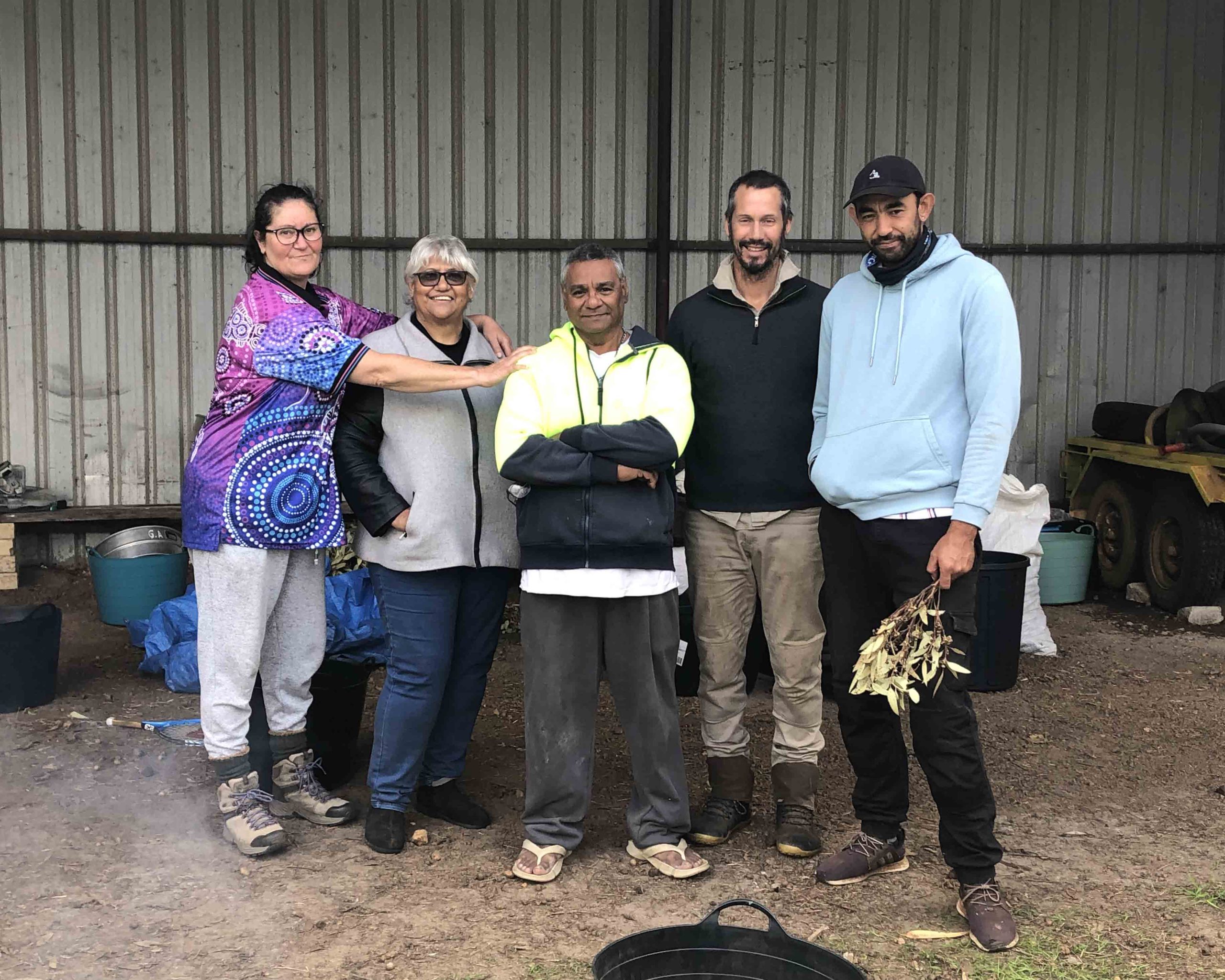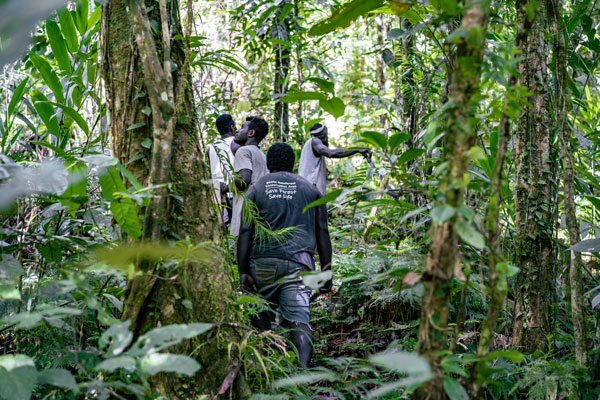Getting Ready for Mandatory Climate Reporting in Australia
Carbon Neutral
DateAugust 2024

Climate change is no longer a distant threat; it’s a pressing challenge reshaping the business landscape across Australia. It now presents significant risks to businesses in all sectors, from increased extreme weather events to resource shortages and tighter regulations.
As the regulatory environment shifts, organisations must adeptly manage the complexities of the Australian Sustainability Reporting Standards (ASRS), which require a high level of transparency and accountability in disclosing climate-related risks and opportunities.
Challenges and Long-term Economic Impact
While mandatory climate reporting offers clear benefits, businesses are predicted to face several challenges during the transition. One of the main hurdles will be the initial cost of compliance, which includes investing in new systems for data collection, analysis, and reporting. Smaller companies, in particular, might find these costs burdensome. Additionally, there is the complexity of accurately measuring and reporting Scope 3 emissions, which can involve extensive supply chain analysis and collaboration with suppliers who may not yet be equipped to provide the necessary data.
Moreover, there is a risk of non-compliance for businesses that are not proactive in their preparations. Failure to meet reporting standards could result in penalties, reputational damage, and a loss of investor confidence. Businesses that are slow to adapt may also miss out on opportunities to innovate and lead in the growing market for sustainable products and services.
Without mandatory reporting, the long-term cost to the economy could be substantial. Companies that do not focus on ESG reporting might overlook significant risks, leading to inadequate risk management and potentially severe financial losses from climate-related events. Additionally, a lack of transparency can erode investor and consumer trust, resulting in decreased market value and competitiveness. On a broader scale, insufficient attention to sustainability could hinder Australia’s progress toward its national climate goals, ultimately impacting economic stability and growth.
How Carbon Neutral Can Help
At Carbon Neutral, we help organisations fulfill mandatory reporting requirements with a structured approach. Initially, we assess and measure business’ greenhouse gas (GHG) emissions across all relevant scopes. This includes Scope 1 and 2, which cover direct GHG emissions from your operations, and Scope 3, which involves identifying and calculating indirect emissions in a business’ value chain. For emissions that are challenging to quantify, we offer clear, documented justifications for their exclusion.
We then support you through the assurance process to ensure the accuracy of your reported data. This includes assisting with identifying near-term metrics and targets and implementing effective data management strategies. Additionally, we provide a thorough footprint report that not only ensures compliance but also advances your progress towards climate and sustainability objectives.
Preparing for 2025 Climate Compliance
Starting in early 2025, mandatory climate risk reporting will be required for large public companies, financial institutions, large private companies, and businesses in high-impact sectors, as defined by the ASRS. These organisations will need to generate Environmental, Social, and Governance (ESG) data, along with detailed financial disclosures across their supply chains. With over a decade of experience in carbon reporting, Carbon Neutral supports the Australian Securities and Investments Commission’s (ASIC) recommendation to “start preparing now” to ensure compliance by 2025.
Understanding and Complying with the Australian Sustainability Reporting Standards (ASRS)
The ASRS has been created to assist companies in meeting mandatory climate reporting requirements. Set to be finalised soon, these standards offer a structured framework for reporting climate-related risks and opportunities within financial statements, ensuring transparency and consistency in sustainability disclosures. The ASRS aims to align with the ISSB framework, which establishes global sustainability reporting standards based on International Financial Reporting Standards.
Businesses and organisations that are required to make mandatory climate-related financial disclosures in Australia will be placed into three groups. It is crucial to determine early whether your business falls under the ASRS categories to ensure compliance and capitalise on the benefits. This legislative change will impact thousands of entities, including upstream raw material manufacturers and service providers, as well as downstream distributors and customers.
To comply with the new standards for Mandatory Climate Reporting, the ‘climate statement’ is based on four key pillars consistent with IFRS S1 and S2 standards. The first pillar, Governance, requires disclosures on board oversight and management’s role in addressing climate-related risks and opportunities. The second pillar, Strategy, involves detailing how the organisation incorporates climate-related risks and opportunities into its business strategy and planning. The third pillar, Risk Management, focuses on the processes used to identify, assess, and manage climate-related risks. Finally, the Metrics and Targets pillar involves disclosing relevant metrics and targets used to assess and manage these climate risks and opportunities.
Implementing robust climate reporting enhances transparency and improves stakeholders’ understanding of a company’s climate-related risks and opportunities. It strengthens the identification and management of climate-related financial risks, boosts appeal to environmentally conscious investors, and allows for comparisons with industry peers, thereby promoting innovation in sustainable practices.
First Steps for Businesses
With the introduction of the new ASRS, the first essential step for any business is to identify gaps in their existing climate-related disclosures. This process starts with a comprehensive assessment of an organisation’s Scope 1, 2, and 3 emissions, which are foundational to the report. By proactively addressing these requirements, businesses can ensure compliance, achieve environmental and economic benefits, build stakeholder trust, and support global decarbonisation efforts.
To take the first steps in this process and learn more, contact Carbon Neutral today.
Explore stories in the world of sustainability, carbon and climate change.


